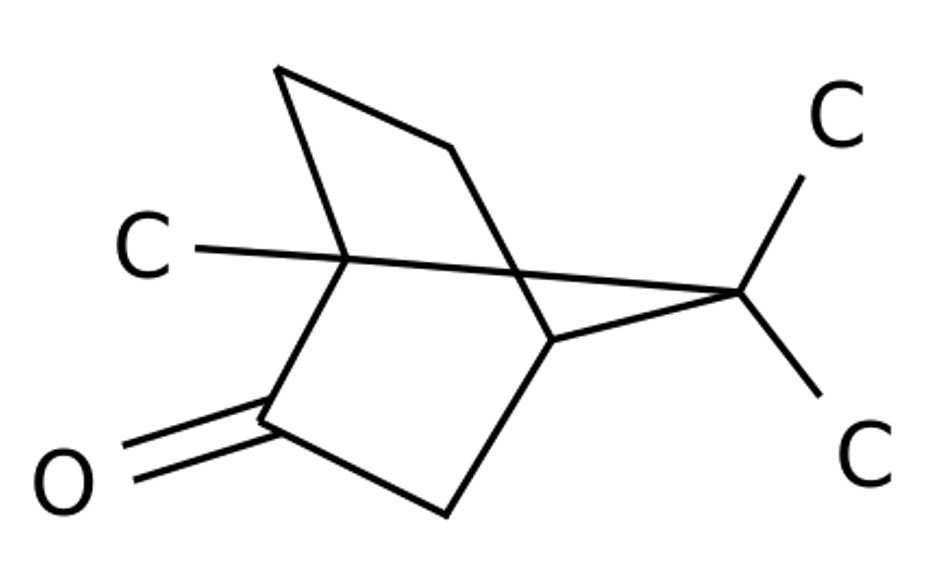NATURAL FROM THE CAMPHOR TREE
Camphor oil has long been used in herbalism and folk medicine. Traditionally derived from the wood of what is camphor trees, camphor oil helps relieve pain and inflammation, skin irritation and itching, spots and blackheads, and respiratory congestion. Camphor can also be burned to refresh your home, and it’s great at keeping moths away too.
IS CAMPHOR NATURAL?
Camphor (cinnamomum camphora) is a terpene (organic compound). It’s extracted from the camphor tree and steam-distilled to create camphor oil. However, many modern camphor products contain synthetic camphor oil derived from turpentine oil. Camphor has a breathtakingly strong, woody aroma. It can be found in all sorts of medicinal and herbal remedies, from decongestants to muscle rubs. Camphor oil is readily absorbed by the skin, making it an invaluable topical solution to your aches and pains.
WHAT ARE THE BENEFITS OF CAMPHOR ESSENTIAL OILS?
Camphor has antibacterial, antifungal, antiseptic and anti-inflammatory properties. It’s believed to stimulate nerve endings which produces a pain-relieving effect, aiding the treatment of allergic skin inflammatory responses. When it comes to easing nasal congestion, well, just take a whiff, and you’ll understand how that works! Folk medicine claims that what is camphor oil can cleanse the aura and banish bad vibes. Camphor leaves, green and dried with bottle of camphor oil.
A WORD OF CAUTION – AVOID CAMPHOR POISONING
Never apply camphor essential oils to damaged or broken skin, as this will exacerbate skin irritation. Camphor ingestion is a big no-no, too, as camphor toxicity is a thing (yikes). Never use undiluted camphor essential oil on bare nakedness, as this will probably cause irritation and skin redness. It may irritate your neighbours too if you forget to close the curtains. Avoid contact with eyes, nostrils and mouth because yuck and potential death. Always do a skin patch test before using camphorated oil or any camphor products, and remember, never on broken skin. Children under the age of 2 years should not use camphor products at all as they are susceptible to camphor hepatotoxicity.
WHAT IS CAMPHOR USED FOR?
Below are 7 ways you can benefit from using camphor, whether as an essential oil, topical cream, soap or block.
1.TACKLE PAIN AND INFLAMMATION
A traditional remedy, applying camphor is said to relieve mild-to-moderate pain and inflammation. It can be found in many topical creams and ointments, often combined with menthol or eucalyptus oil, to create a super-tingly warming/cooling effect. Arthritis sufferers and those with stiff, aching muscles may benefit from the anti-inflammatory effects of slathering on some camphor cream.
2.PROMOTE SKIN HEALING
Not only does camphor cleanse away dirt, but it also helps prevent the spread of bacteria and promotes healing. It soothes itchy, irritated skin and is particularly good for relieving mosquito bite reactions. Camphor’s antifungal virtues make it also beneficial for treating toenail fungus. Apparently, Vicks Vaporub, which contains camphor, menthol and eucalyptus oil, can be used to great effect against toe-nail fungal infections. Remember, though, it is important not to use it on broken or injured skin. In liquid form, camphor can be absorbed by the body and quickly reach toxic levels. The easiest and safest way to benefit from camphor is with a natural camphor oil soap. Well, essential oil is a messy business, and who has time to let lotion sink in? A bottle of Camphor oil on crushed camphor blockin




